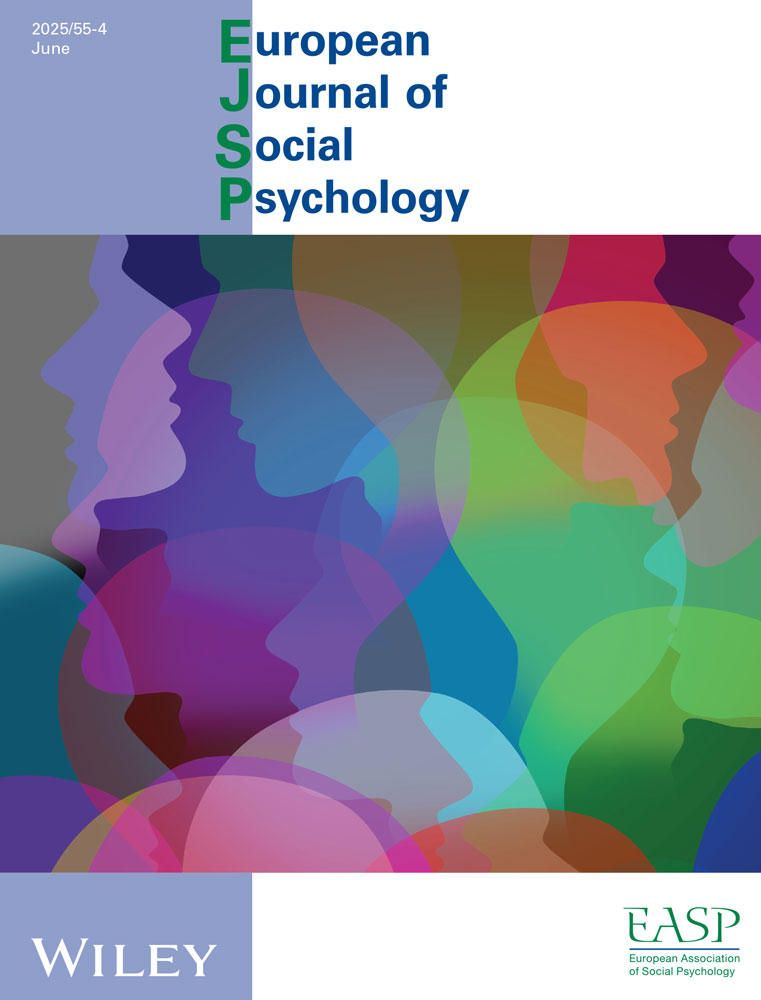Excuse-making and blaming as a function of internal—external locus of control
The present studies were done while the first author was a visiting scholar at the University of California, San Diego.
Abstract
Two studies examined differences in excuse-maktg and blaming by subjects with internal or external locus of control. In Study I, 39 internals and 30 externals judged acceptability of various excuses in three situations and also assigned blame for cheating and lying in other situations. Externals were uniformly more prone to use excuses than internals, both for other actors and for themselves. Also, externals tended to assign less blame for cheating and lying. In Study II, 24 internals and 32 externals divided blame among themselves, another person, and ‘no one to blame’ in 10 joint-responsible situations. Externals assigned more blame to the other person and less to themselves, but approximately the same blame to ‘no one’ Externals also had higher tendencies to blame others and were more sensitive to being blamed. These results point to a ‘missing dimension’ of interpersonal relations in studies of excuse-making and blame.




